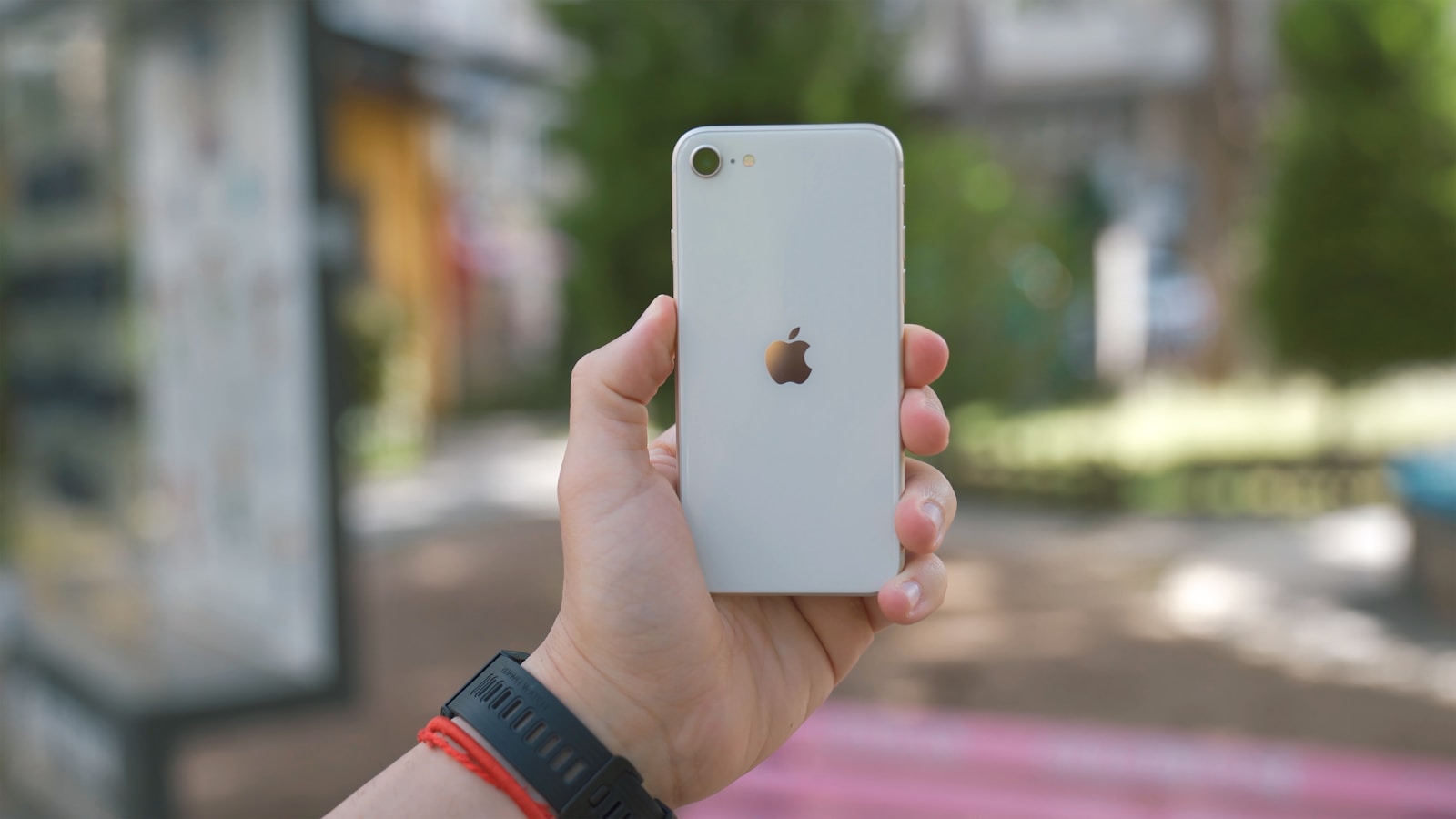
teléfono

telephone
A system that converts acoustic vibrations to electrical signals in order to transmit sound, typically voices, over a distance using wire or radio.
Example sentences using: teléfono
El teléfono es para ti.

The phone is for you.
This thrase indicates who the phone is intended for. 'Para ti' here means 'for you'.
¿Puedo usar tu teléfono?

Can I use your phone?
In this sentence, 'Puedo' means 'Can I'. It is a polite way to ask for permission to use someone's phone.
La carga del teléfono está baja.

The phone's battery is low.
This phrase is used when the phone's battery level is low. 'La carga' refers to the battery or charge in this context.
El teléfono suena mucho.

The phone rings a lot.
Suena in Spanish refers to sound or ring, when referring to a telephone. 'Mucho' denotes frequency, so in this context, it means the phone rings frequently.
Donde está el teléfono?

Where is the phone?
This phrase is a simple question in Spanish asking for location. 'Donde' means 'where', 'está' means 'is' and 'el teléfono' is 'the phone'.
El teléfono es rojo.

The phone is red.
This sentence is describing the color of the phone. 'Es' , the verb form of 'ser' used here, is frequently used to describe color.
Necesito un teléfono nuevo.

I need a new phone.
This sentence expresses need or requirement in Spanish. 'Necesito' is the first person present tense of the verb 'necesitar' meaning 'I need'.
Mi teléfono no funciona.

My phone does not work.
This phrase is used when there is a problem with one's phone. 'No funciona' means 'does not work' in English, a common phrase to express malfunction of objects.
He perdido mi teléfono.

I've lost my phone.
This sentence indicates a loss of a phone. 'He perdido' is the present perfect tense of 'perder' which means 'to lose', and 'mi' means 'my'.
Prestame tu teléfono, por favor.

Please lend me your phone.
In Spanish, 'prestame' is a way to ask someone to lend something. The polite way to make a request ends with 'por favor', which means 'please'.